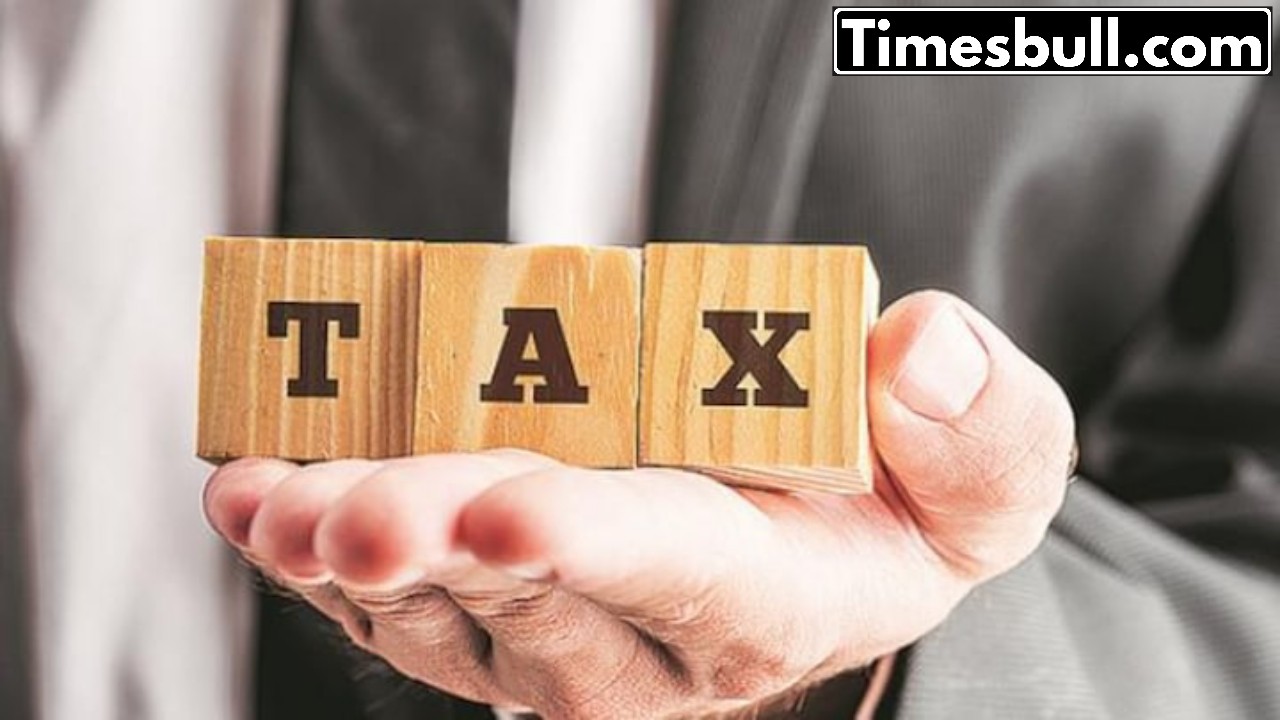Are you also a tax payer? Then this article is for you. March 31 is approaching, marking the end of the financial year 2024-25. The new financial year 2025-26 will commence on April 1. Following this, taxpayers will need to choose between the old and new tax regimes. Both options offer distinct advantages, but the best choice for you will depend on your income, deductions, and financial objectives.
The old tax regime was established prior to the introduction of the new one and provides over 70% in exemptions and deductions. This can significantly lower your taxable income and, consequently, your tax liability. A popular deduction is found under section 80C, which allows for a deduction of up to Rs 1.5 lakh from your taxable income.
Key deductions available under the old tax regime include contributions made by employees to the Employees’ Provident Fund (EPF), exemptions for Leave Travel Allowance (LTA), House Rent Allowance (HRA), employer contributions to the National Pension System (NPS) under section 80CCD (2), and health insurance premium deductions under section 80D.
Income up to Rs 12 lakh is tax-exempt
In the Union Budget 2025, adjustments to the tax slabs were announced for the new tax regime, set to take effect on April 1, 2025. Under this new structure, individuals earning up to Rs 12 lakh will not be required to pay any taxes. With a standard deduction of Rs 75,000, the effective limit rises to Rs 12.75 lakh. The new regime offers fewer deduction options but features a lower tax slab. Notably, employer contributions to NPS, standard deductions, and gratuities received upon retirement are tax-exempt under this regime.
Which regime is better: old or new?
Subramanyam Brahmajosyula, Chief Product and Marketing Officer at SBI General Insurance, emphasizes that as the new financial year approaches, taxpayers should prepare to file their Income Tax Returns (ITR) for 2025. When deciding between the new and old regimes, it’s crucial to evaluate your income, deductions, and financial goals carefully. He notes that while the new regime offers fewer deductions, it also results in a lower tax burden, whereas the old regime provides more opportunities for deductions.
Basically, you could say that the old tax system encourages saving by offering various benefits. On the other hand, the new system is more straightforward and involves less paperwork, which also helps cut down on tax fraud. Ultimately, choosing the right tax system really depends on an individual’s financial circumstances.


